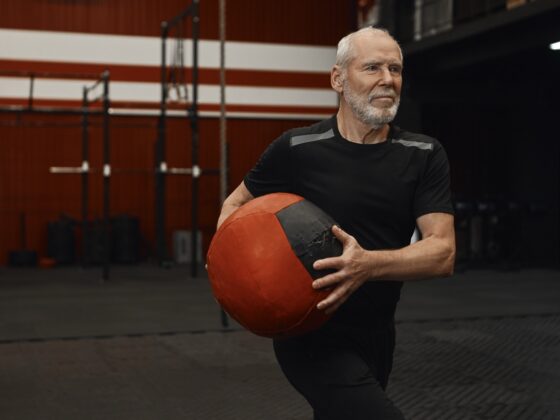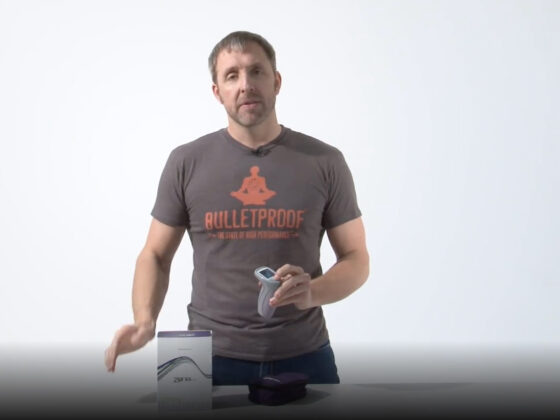Because your brain isn’t getting old—it’s getting bored.
Here’s how to wake it up.
You’ve probably heard that you can’t teach an old dog new tricks.
But you’re not a dog—and you’re not old. And your brain? It’s not done growing. Not even close.
Neuroplasticity is the ability of your brain to adapt, rewire, and grow new connections. It’s what allows you to learn new skills, form new habits, and recover from setbacks.
And despite what outdated science told us, neuroplasticity doesn’t stop at 30. It just requires more intentional stimulation.
Here’s how to keep your brain sharp, strong, and dangerously adaptable after 50.
Comfort is the enemy of neuroplasticity. Your brain grows when it’s challenged, when it’s exposed to novelty, and when it has to solve problems.
Learn a language. Pick up an instrument. Start Jiu-Jitsu. Take cold showers. Change your routine. Do anything that feels unfamiliar or uncomfortable.
And here’s something most people miss: novelty slows time down.
When every day looks the same, your brain shifts into autopilot. Weeks blur. Years vanish. But when you inject novelty—new experiences, new skills, new places—your brain creates more memory markers. Life feels longer, fuller, more vivid.
You want to stretch time? Try something you’ve never done before.
Routine kills growth—and it kills your sense of aliveness.
Exercise isn’t just for your biceps—it’s brain fertilizer.
Resistance training and cardio both increase BDNF (brain-derived neurotrophic factor)—a key molecule involved in learning, memory, and neurogenesis.
Even one session of intense movement can light up new connections.
You want mental clarity? Start by moving your damn body.
Your neurons are hungry. Feed them well.
- Prioritize omega-3s (especially DHA)
- Use creatine (yes, for your brain too)
- Avoid ultra-processed foods that drive brain fog
- Optimize blood sugar—your brain loves stable energy
Also: hydrate. Chronic dehydration mimics early cognitive decline. Don’t be that guy.
Stress destroys neuroplasticity. Chronic cortisol literally shrinks your hippocampus (the memory center of your brain).
Want to grow your brain? Learn to downshift.
Try breathwork. Nature walks. Float tanks. Morning stillness. The method matters less than the consistency.
Calm brain = plastic brain.
Neuroplasticity happens during deep sleep. That’s when the brain consolidates memory, clears toxins, and reinforces new learning.
If you’re sacrificing sleep for Netflix, you’re trading intelligence for distraction.
Fix your sleep. Protect your focus.
THE BOTTOM LINE
You’re not losing your edge—you’re just not sharpening it.
At 50+, you can still become a better thinker, learner, and leader. But you can’t coast. You have to train your brain like you train your body—on purpose, with intention, and with fire.
Because neuroplasticity isn’t just about staying sharp. It’s about staying dangerous.
Keep learning. Stay uncomfortable. Stay alive.
– Mark
Fitter Over Fifty








